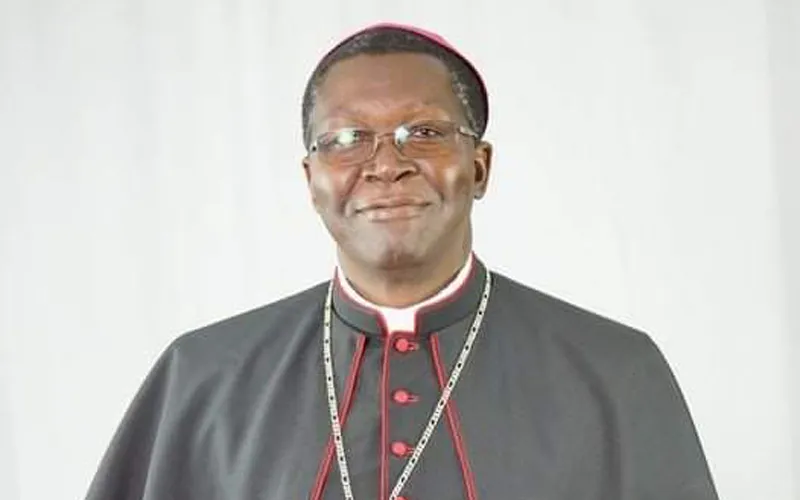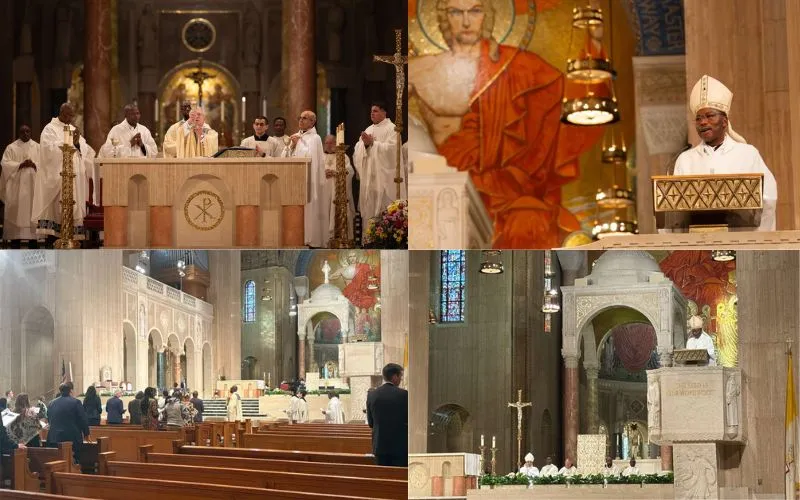The Zambian Archbishop clarified that the ZCCB members’ decision was influenced by the need to consider the plight of the “poor” who are facing life-threatening challenges amid the pandemic in the Southern African nation
“COVID-19 pandemic should NOT mislead us into considering the plight of only one group at the expense of other groups in society, especially when the poor have no one to look into their plight,” Archbishop Chama says, adding, “This is the understanding of the Catholic Bishops of Zambia and other Church leaders when they reached a consensus NOT to access the COVID-19 Empowerment Relief Fund.”
In their collective statement signed by ZCCB President, Bishop George Zumaire Lungu of Zambia’s Chipata Diocese, the Bishops argued, in declining the money, that the coincidence between the government’s initiative and the upcoming August 12 general election “leaves room for speculation.”
While it may be “pure coincidence” that the fund has been provided during the election period, the Catholic Bishops in Zambia further said, “it certainly has a tinge of political strategy in the service of the donors” and therefore, agreed to decline accepting the offer “in view of maintaining the non-partisan and prophetic stance of the Church.”
ZCCB members also expressed doubts about the origins of the money being offered saying the source of the fund “is not very clear” yet there is need for the people of God in Zambia “to know where this money is coming from and how it is going to be accounted.”
As a way forward, the Catholic Bishops recommend that the government channels the funds towards servicing the country’s “huge debt,” settling dues for retirees, clearing the nine months unpaid salary arrears for the employees of Chipata City Council and the healthcare sector to facilitate the provision of sufficient supplies of essential drugs and to employ health professionals who have been jobless as a way of empowering them.
In the Bishops’ April 2 letter, ZCCB President addressed himself to the people of God under his pastoral saying, “In view of the above and in the light of the ZCCB decision, I wish to direct Catholic institutions or organizations or parish or lay movement in the Diocese of Chipata not to access these funds through the Ministry of National Guidance and Religious Affairs or otherwise.”
On his part, Zambia’s President, Edgar Lungu, has said that his government will seek to engage the Catholic Bishops to understand their decision to decline the government’s CEF.
Making reference to Bishop Lungu’s directive to Catholic leaders in his Diocese, Zambia’s Head of State also clarified that his government has no intention of victimizing the Local Ordinary of Chipata Diocese.





